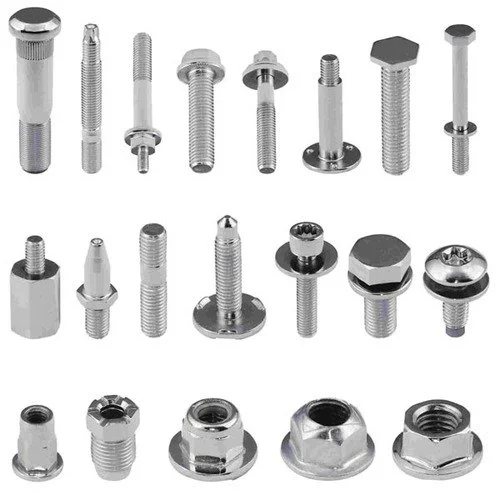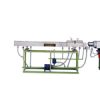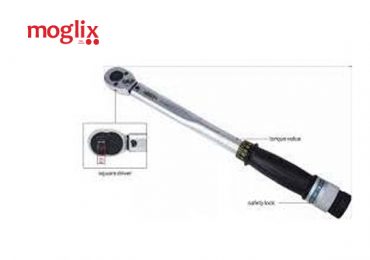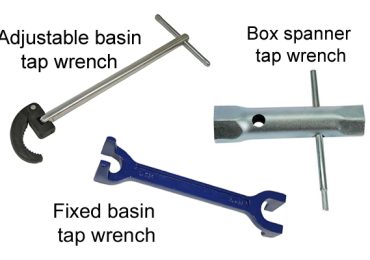All You Need to Know About Petrochemical Studbolts.
Studbolts are a type of bolt that is commonly used by the industrial construction market. They have a variety of uses and benefits over other similar bolts thanks to the way that they are manufactured. With so many different nuts and bolts available, as well as a range of defining factor like thread types, it can be tough to know what’s what. Read on to find out more about petrochemical studbolts and their benefits.
So What Exactly is a Studbolt?
Quite simply put, a stud bolt is a type of bolt that has threads on both ends. This enables the bolt to be screwed into a fixed part on one end of the thread while being able to receive a nut on the other end. They are commonly used in the chemical industry for flange connections.
A petrochemical studbolt just refers to a type of studbolt which has been designed for use by the petrochemical industry. Sometimes these bolts are made from exotic alloy or metal grades that make them more durable and long-lasting.
What Threads are Used on Studbolts?
The most common type of thread used on a studbolt is the symmetrical form thread with a V profile. This threading type makes the petrochemical studbolts easier to produce, use and inspect. This thread type is an excellent choice for most general purpose fasteners. Other thread variations include a coarse thread series that is often used in low strength materials like iron, aluminum and copper. The Fine thread series is suited for use in high precision applications that need higher tensile strength in order to work efficiently. (Sizes up to one inch including have a UNC thread and anything above one inch are UN8, 8 threads per inch).
What Nuts are used with Studbolts?
Hex nuts are used with petrochemical bolts for flange connections. The exact type of nuts that is required will depend on the diameter, lengthand gradeof the studbolt. Either both sides of the hex bolt can be chamfered, or only on one side with the use of a washer face.
What Materials are Studbolts Made From?
Studbolts can be made from a range of materials. Some of the most common and durable materials used to make studbolts include B7, B8, B8M, L7 and B16. A good manufacturer of studbolts will have detailed information on compositional and mechanical properties of each of the metal types as well as traceability of the raw materials.
What Type of Studbolt Will I Need?
The answer to this questions depends on a range of factors including the shape and size of the area where you need to use them, as well as any specific requirements, like needing to have heat resistant studbolts.
There are also a selection of high integrity fasteners and petrochemical bolts available that are made from alternative materials like Titanium, exotic alloys, or even high heat resistant materials.
Petrochemical studbolts play an important role in the petrochemical industry. A petrochemical studbolt specialist will be able to advise you in more detail on the different types and materials that are available, as well as recommend what may be best for your needs.
Erin Warbrook is a freelance writer who specialises in industrial health and safety as well as construction and automobile stories. She spoke to the bolt experts at Konnect Bolts and Fasteners for their great info on petrochemical studbolts.






